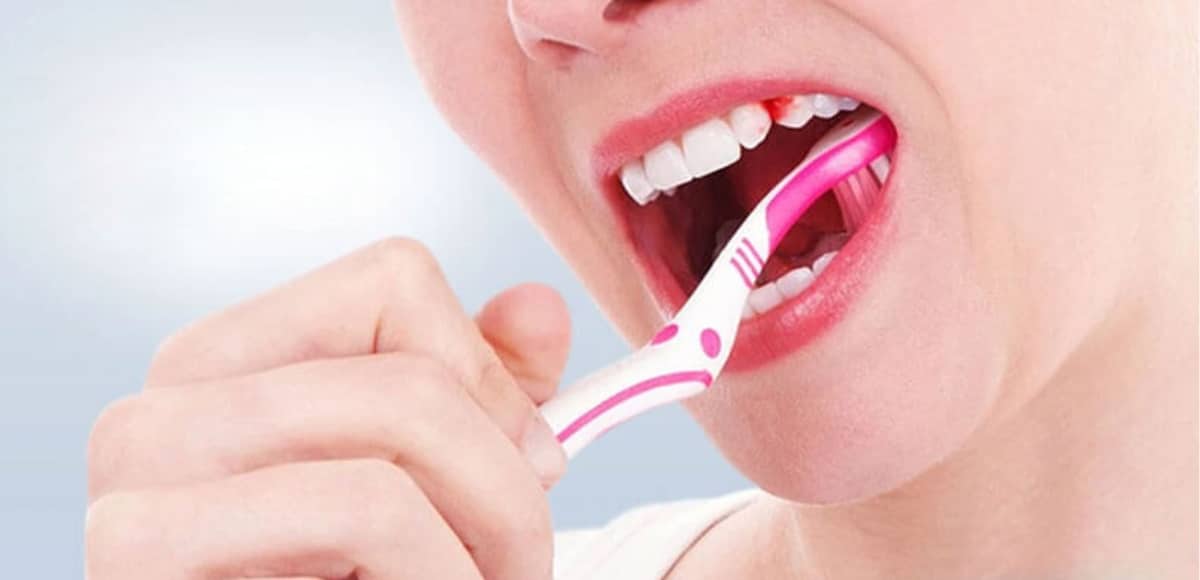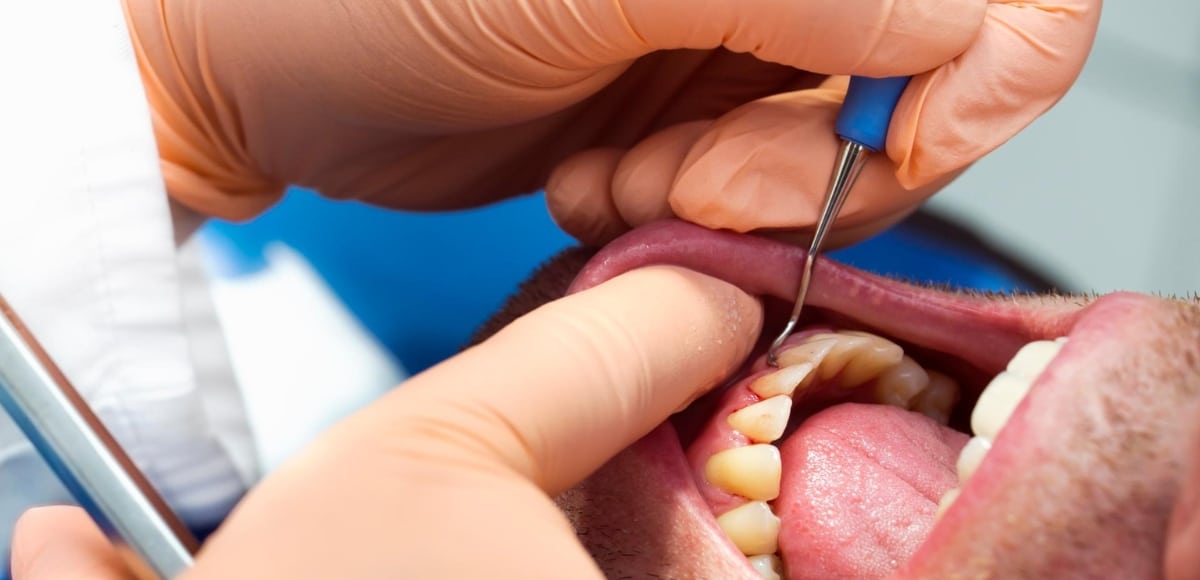
Do you spit blood out every time you clean your teeth? It’s not a pleasant sight, and it may be rather frightening. But don’t get too worked up just yet! Bleeding gums are more prevalent than you believe, and several possible causes exist. In this blog post, we’ll look at the different types of gums, when to see a dentist in Midwest City, the causes of bleeding gums, and treatment options to help you get your gums back in shape. So, let’s get started on this intriguing subject!
Types Of Gums
When it comes to gums, there’s no one-size-fits-all. Just like people, gums come in different shapes and sizes! Here are a few common types you may encounter:
1. Healthy Gums: These are the gold standard of gum health. They’re pink in color, firm to the touch, and don’t bleed when brushing or flossing.
2. Inflamed Gums: If your gums appear red and swollen, you may be dealing with inflammation. Poor oral hygiene habits or certain medical conditions can cause this.
3. Receding Gums: Sometimes, gums pull away from the teeth, exposing more of the tooth roots. This can make your teeth look longer than usual and expose them to sensitivity.
4. Bleeding Gums: The most concerning type is bleeding gums, which bleeds easily while brushing or flossing. It’s usually a sign of gum disease or gingivitis.
Everyone’s gum health is unique, so if you notice any changes or concerns about your gums, it’s always best to consult a dentist in Midwest City for an accurate diagnosis and appropriate treatment plan.
When To See A Dentist
Taking care of your teeth and gums is important for your overall health. Even though bleeding gums occasionally is normal, it could be a sign of a more serious disease that needs medical treatment. There are indications that a trip to the dentist is warranted.
Don’t disregard gum bleeding, especially if it’s chronic or excessive. There may be a problem with your gums or teeth. Also, if discomfort, edema, or bad breath in addition to the bleeding, get medical attention immediately.
Furthermore, it is recommended that you visit a dentist if you observe any changes in the appearance of your gums, such as redness or receding gums. They can diagnose the problem and offer you suitable treatment alternatives.
Patients who have recently had dental work done, such as extractions or implants, should also be on the lookout for signs of gum disease. It’s important to contact the dentist right away if you have any unusual bleeding during the healing procedure.
It’s important to visit your Midwest City dentist regularly for checkups to identify and treat any problems with your gums before they worsen. It’s important to remember that early diagnosis and treatment can prevent further discomfort and consequences.
Causes Of Bleeding Gums
Bleeding gums are one of the most prevalent dental problems that people encounter. Seeing blood when brushing or flossing your teeth can be startling and sometimes frightening. But what causes our gums to bleed? Several circumstances can cause this condition.
Poor Oral Hygiene: Poor oral hygiene is a major contributing factor. Failure to brush and floss regularly leads plaque to accumulate along the gum line, causing inflammation and, eventually, bleeding gums. Additionally, using a toothbrush with too-hard bristles might cause discomfort and bleeding.
Gingivitis: Gum disease, notably gingivitis, is another possible reason for bleeding gums. This happens when bacteria in our mouths develop plaque, irritating the gum tissue. Without treatment, gingivitis can advance to periodontitis, which causes not only more severe bleeding but also bone loss surrounding the teeth.
Blood Thinners: Blood thinners and aspirin can also increase the likelihood of experiencing bleeding gums since they interfere with normal blood clotting mechanisms.
Hormonal Factors: Pregnancy hormones may cause gum sensitivity and subsequent bleeding during brushing or flossing.
Underlying Medical Problems: Some medical problems, such as vitamin deficiencies (especially Vitamin C), leukemia, or some autoimmune disorders, can cause gum inflammation and easy bruising.
There are numerous probable causes of bleeding gums, ranging from poor oral hygiene to underlying health issues. If you experience chronic or heavy gum bleeding despite good dental hygiene habits, it’s critical to see your dentist for an accurate diagnosis and treatment plan made just for you!
Treatment Options For Gums That Bleed
If you’re experiencing bleeding gums, seeking treatment as soon as possible is important to prevent further complications. Fortunately, there are several effective treatment options available.
1. Improve Oral Hygiene: A proper oral hygiene regimen prevents and relieves bleeding gums. Brush your teeth with a soft-bristled toothbrush and fluoride toothpaste at least twice daily. Don’t forget to brush lightly along the gumline! Daily flossing can also aid in the removal of plaque and bacteria from between your teeth.
2. Use Mouthwash: Incorporating an antimicrobial mouthwash into your daily routine can help reduce inflammation and kill bacteria in your mouth, promoting healthier gums.
3. Professional Dental Cleaning: Regular dental cleanings by a dentist or dental hygienist are essential for maintaining healthy gums. During these cleanings, tartar is removed with specialized instruments that reach below the gumline, where combing and flossing alone cannot.
4. Scaling and Root Planing: In advanced cases of periodontal disease, scaling and root planing may be required. This procedure involves the removal of tartar and plaque from above and below the gumline, as well as the smoothing of rough spots on the dental roots.
5. Antibiotics or Medications: In some instances, antibiotics or antimicrobial gels may be prescribed to control infection or reduce inflammation in the gums.
Remember, if you’re experiencing persistent bleeding gums despite practicing good oral hygiene habits, it’s vital to consult with a dentist who can provide personalized treatment recommendations based on your specific needs.”
It is important to pay attention to any signs of bleeding gums and take action promptly. Bleeding gums can be a symptom of underlying dental issues that need addressing. From gingivitis to periodontitis, there are various causes for this common problem.
So take care of your gums and make a plan to visit dental office midwest smiles – dentist midwest city ! Your smile will thank you for it!


